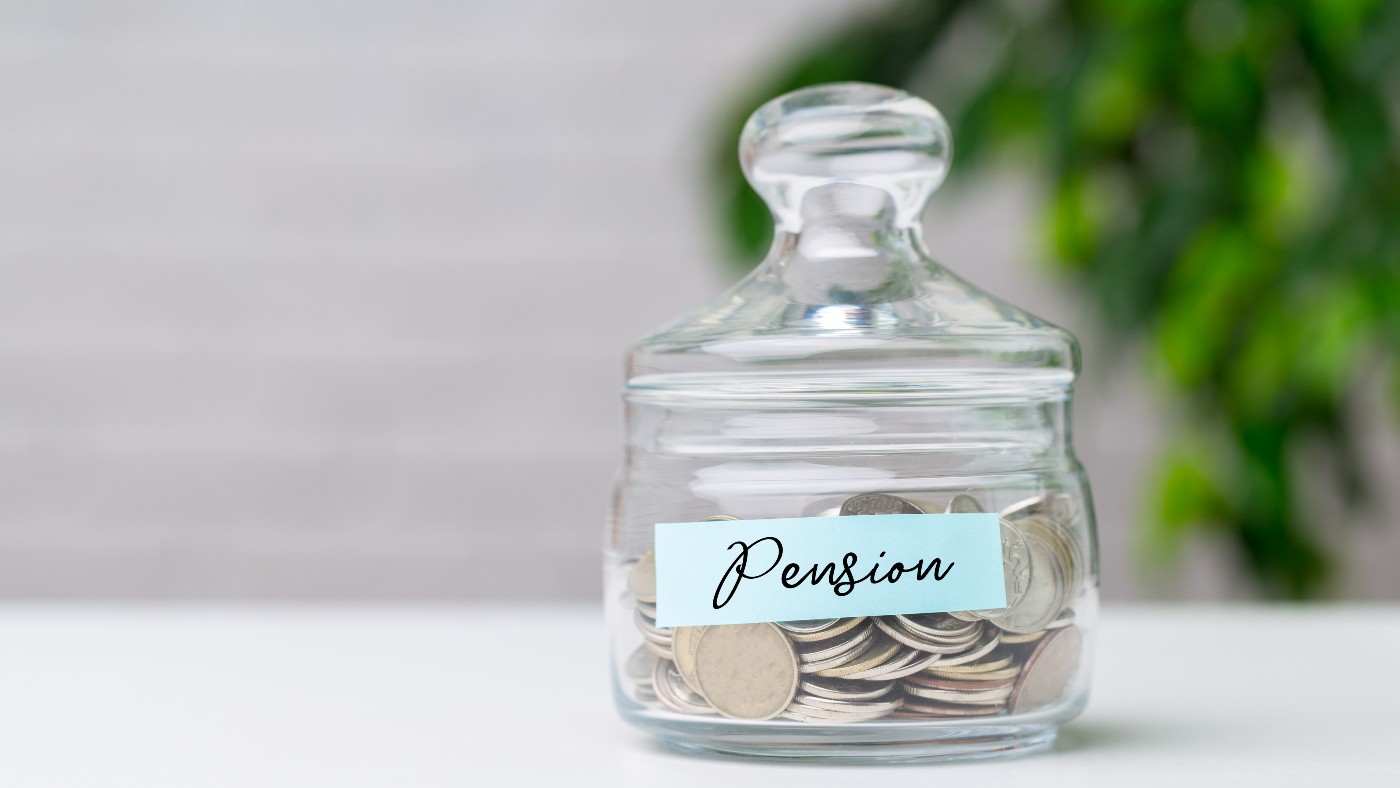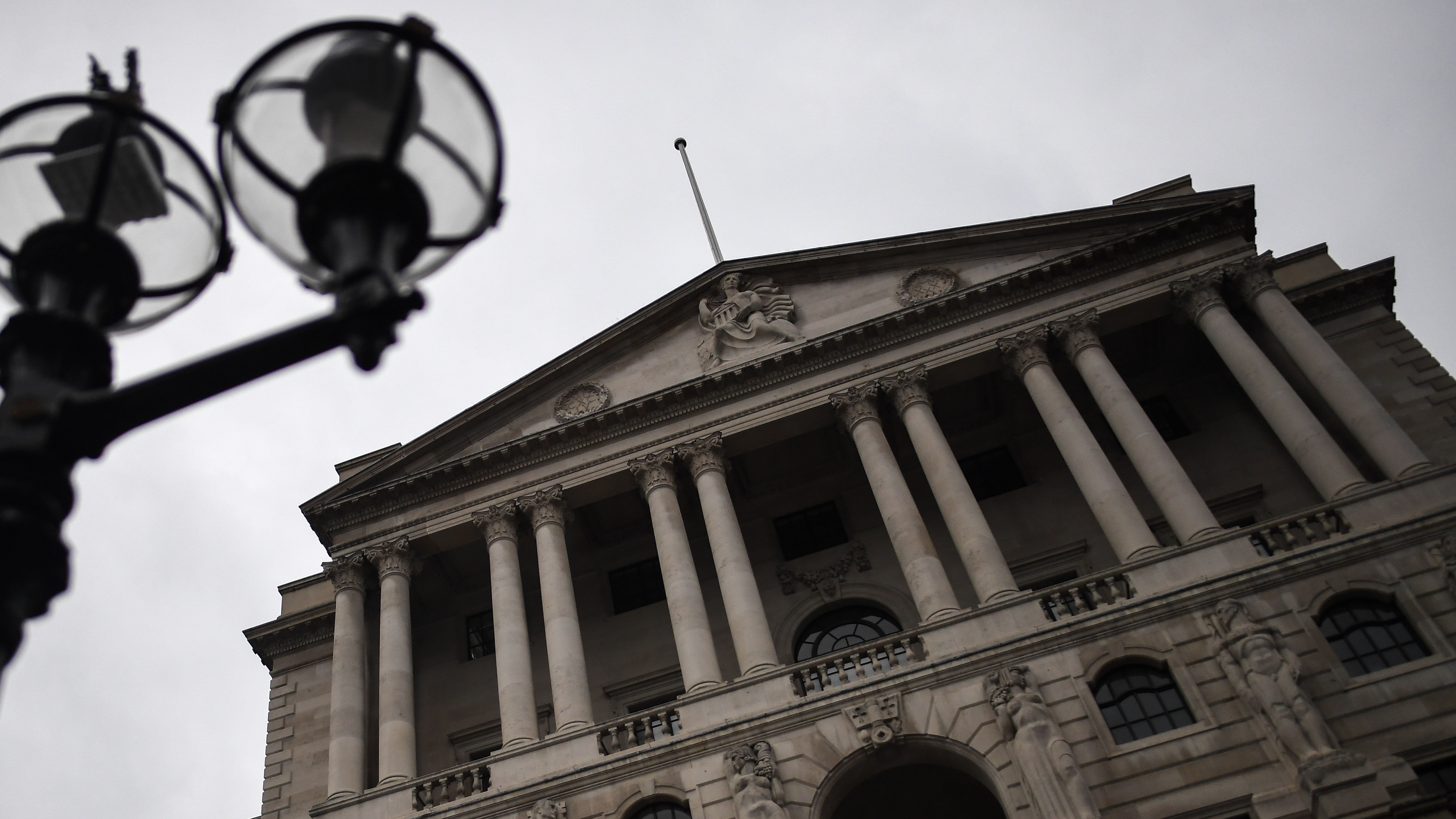UK pensions ‘among worst in developed world’
UBS says British retirees are more dependent on private pension provision

A free daily email with the biggest news stories of the day – and the best features from TheWeek.com
You are now subscribed
Your newsletter sign-up was successful
British pensions are some of the worst in the developed world, according to a UBS report which compares the retirement prospects for 50-year-old women in major cities worldwide.
Taking into account each country’s basic state pension, plus the compulsory pension employers must set aside, the investment bank calculated the proportion of an average salary someone could expect to receive once they retire.
It found a woman in London could expect just 41% of her current income, on a par with Hong Kong and just above the lowest ranked city, Taipei. A woman in Singapore, which ranked first, would get 73% of her existing salary.
The Week
Escape your echo chamber. Get the facts behind the news, plus analysis from multiple perspectives.

Sign up for The Week's Free Newsletters
From our morning news briefing to a weekly Good News Newsletter, get the best of The Week delivered directly to your inbox.
From our morning news briefing to a weekly Good News Newsletter, get the best of The Week delivered directly to your inbox.
The report says the figures show “the [UK] system relies heavily on private provisions [and are] a good example of how starting late in life will require more sacrifice to catch up”.
Research published by Age UK last week found nearly eight million people in Britain aged 40 to 64 will not be able to retire when they hit state pension age, which is currently 65.
Over one third of those questioned expected to still be working the same hours in the same job as they do now once they reach their late 60s, despite being able to start withdrawing their state pension before that.
The current state pension age is under review and is set to rise to 67 in the next decade, with plans to increase it to 68 by 2039.
A free daily email with the biggest news stories of the day – and the best features from TheWeek.com
The best cities for pensions:
Singapore 73%Sydney 72%Paris 69%Milan 67%New York 55%Tokyo 55%Munich 50%Zurich 48%Toronto 42%London 41%Hong Kong 41%Taipei 32%
-
 Quiz of The Week: 7 – 13 February
Quiz of The Week: 7 – 13 FebruaryQuiz Have you been paying attention to The Week’s news?
-
 Nordic combined: the Winter Olympics sport that bars women
Nordic combined: the Winter Olympics sport that bars womenIn The Spotlight Female athletes excluded from participation in demanding double-discipline events at Milano-Cortina
-
 Samurai: a ‘blockbuster’ display of Japanese heritage
Samurai: a ‘blockbuster’ display of Japanese heritageThe Week Recommends British Museum show offers a ‘scintillating journey’ through ‘a world of gore, power and artistic beauty’
-
 Six ways to boost your finances in 2026
Six ways to boost your finances in 2026The Explainer It’s not too late to make a new year’s resolution to finally get organised money-wise
-
 The financial impact of returning to work in later life – should you 'unretire'?
The financial impact of returning to work in later life – should you 'unretire'?The Explainer Many people return to the workplace after retirement age, but what could it mean for your finances?
-
 State pension underpayments: are you getting the right amount?
State pension underpayments: are you getting the right amount?feature Hundreds of thousands of women may have received less than they were owed
-
 Early retirement: what is the ‘FIRE’ movement?
Early retirement: what is the ‘FIRE’ movement?feature Younger workers are aiming to quit the workforce early through extreme saving and investment
-
 How women can bridge the gender pension gap
How women can bridge the gender pension gapIn Depth New figures have shown the extent of the problem for women in retirement years
-
 How to plug the pension gap by buying National Insurance credits
How to plug the pension gap by buying National Insurance creditsfeature A temporary change in the state pension offers a ‘golden opportunity’
-
 Are UK pensions safe?
Are UK pensions safe?Today's Big Question Bank of England governor says its debt market support must end – but the multi-billion-pound scheme could be extended
-
 Pensions: time to end the triple lock?
Pensions: time to end the triple lock?In the Spotlight Ministers must decide whether to risk alienating older voters by ending guaranteed pension rises